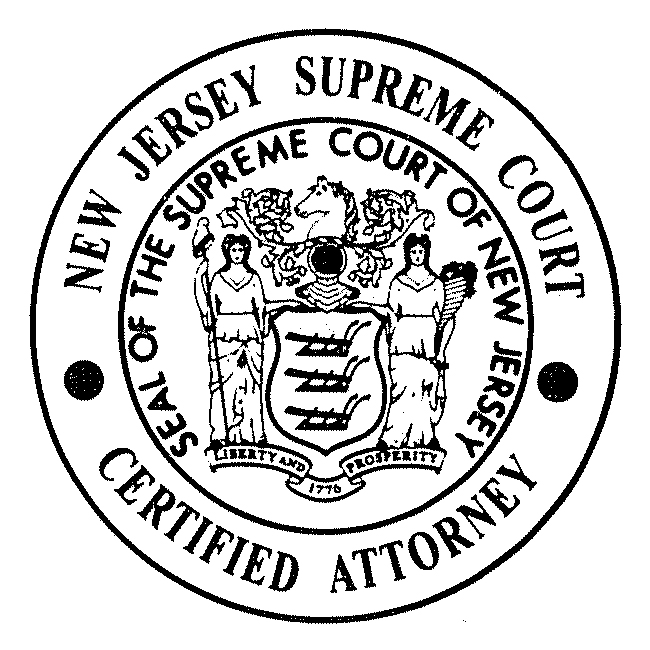What Is Unlawful Restraint?
 As you read this, you have the power and the right to stop and walk away. You have the freedom to move freely when you please. You can walk down the street, ride your bike to the grocery store, or travel to another state. Regardless of your decision, you have the right and freedom to go where you please.
As you read this, you have the power and the right to stop and walk away. You have the freedom to move freely when you please. You can walk down the street, ride your bike to the grocery store, or travel to another state. Regardless of your decision, you have the right and freedom to go where you please.
The crime of unlawful restraint inhibits that freedom which you and everyone else cherish. By definition, unlawful restraint occurs when one person knowingly and intentionally restrains another without their consent and legal justification.
It is a serious crime in any state, and it comes with serious penalties. Read on to learn what constitutes unlawful restraint and the punishments that can follow.
What Makes It Unlawful Restraint?
Unlawful restraint can be categorized a bit differently from state to state, but almost all states are on the same page when it comes to what conduct is prohibited under the law. When it comes down to it, the following actions are typically necessary to constitute unlawful restraint:
- Unlawful – For starters, if you have the legal authority to confine someone, then it cannot be unlawful restraint. However, it will be up to a court to determine lawfulness. If you believed you had the right but the courts think otherwise, you can be convicted of unlawful restraint.
- Detention – Unlawful restraint cannot be committed by accident, meaning it always involves some type of intentional detention. While this can come in the form of a cell, room, or other confined area, if the victim believes they are restrained from taking action or leaving an area, it can constitute unlawful restraint.
- Consent – The victim has to be an unwilling participant in the restraint. If they agree to it, then it is not unlawful restraint.
- Escape – Unlawful restraint involves complete confinement, meaning the victim is unable to leave. If the person believes that trying to escape will result in violence or harm because they were threatened, then that can be enough to make the confinement unlawful.
- Time – Unlawful restraint does not have a time requirement. It can last mere moments, or it can last hours or even days.
As it stands, unlawful restraint sounds a lot like kidnapping. The difference is that kidnapping requires the victim to have been moved and then restrained. The distance of movement does not need to be great in order to constitute kidnapping.
In any case, the penalties for committing unlawful restraint in New Jersey are serious and require the expertise of an experienced criminal defense lawyer.
Experienced Attorneys Represent Clients Charged with Unlawful Restraint in Woodbridge, NJ
An unlawful restraint conviction can mean incarceration, fines, and probation. In New Jersey, unlawful restraint is categorized as a third degree felony. A conviction for unlawful restraint can result in a sentence of 3-5 years in state prison.
If you face unlawful restraint charges in Woodbridge, Edison, South Plainfield, Freehold, Brick, or anywhere else in NJ, the right attorney will be necessary to build a strong defense on your behalf. The attorneys at Lombardi and Lombardi, P.A. in New Jersey have the experience and skill necessary to handle your unlawful restraint or kidnapping case. We will take all the necessary steps to make sure that your rights are protected. We handle the full gamut of criminal charges, from shoplifting to murder/manslaughter and everything in between. Just fill out the online contact form to begin discussing your case with an attorney today.
The articles on this blog are for informative purposes only and are no substitute for legal advice or an attorney-client relationship. If you are seeking legal advice, please contact our law firm directly.






 CALL NOW
CALL NOW